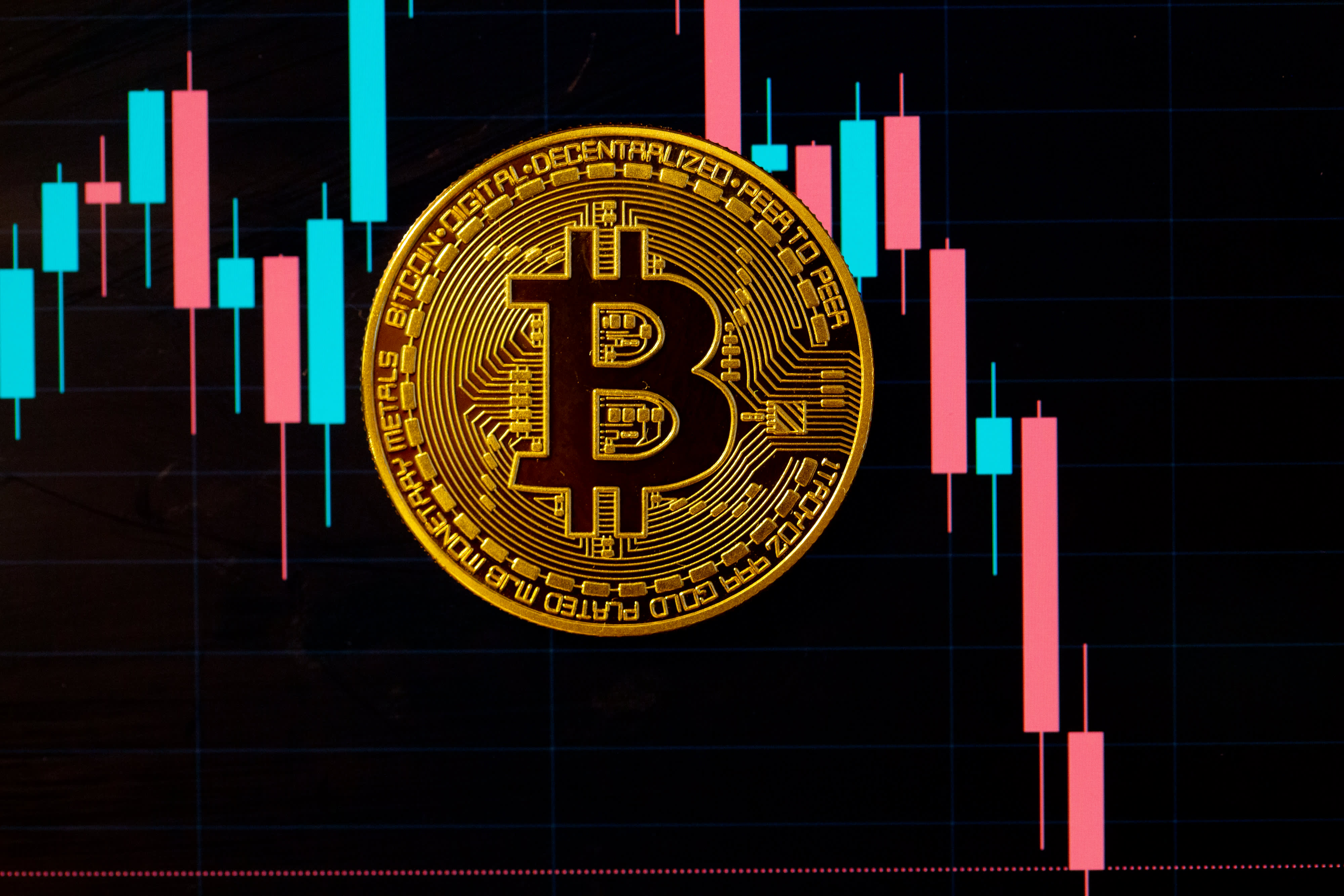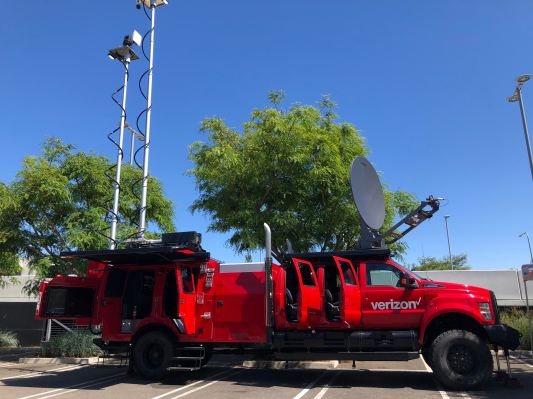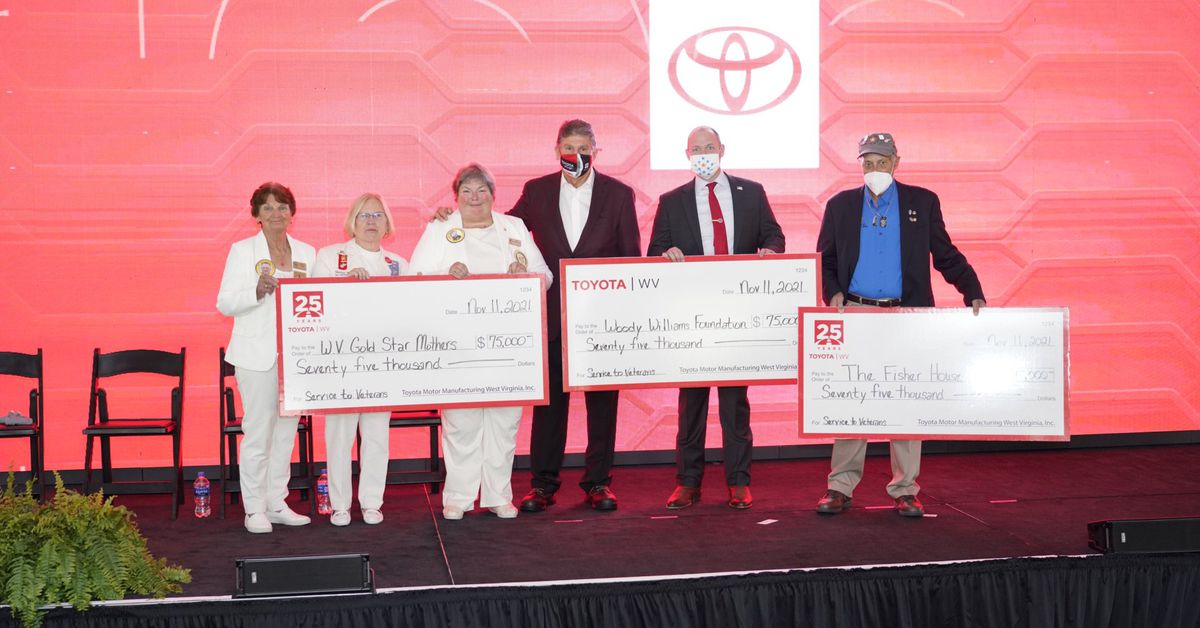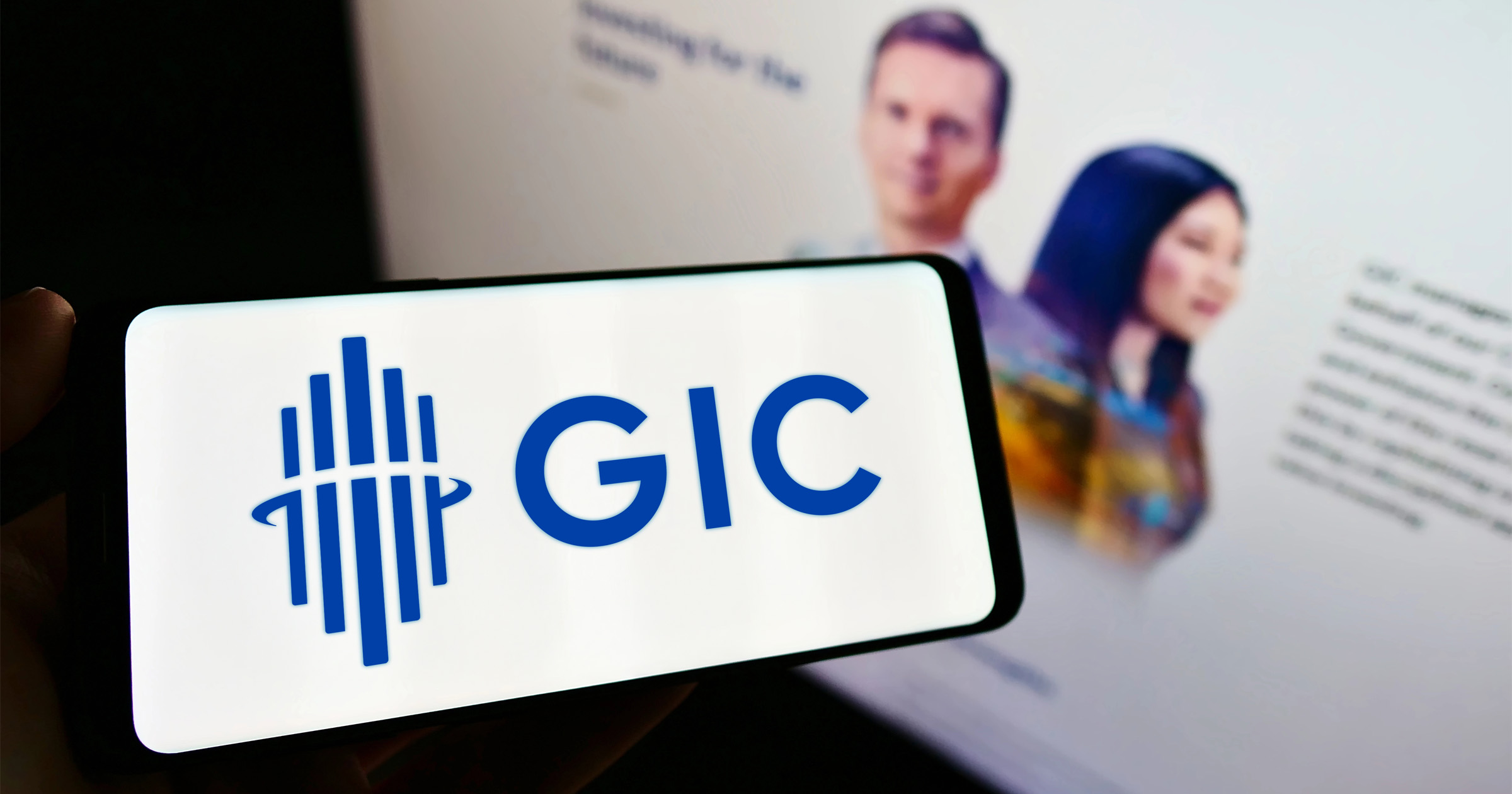The FTC’s case against Microsoft could quickly turn into Xbox vs. PlayStation
Image: Microsoft / SonyMicrosoft is battling a key US regulator here, but the real war looks like it will be Microsoft vs. Sony. Continue reading…
/cdn.vox-cdn.com/uploads/chorus_asset/file/16288012/xboxplaystation.jpg)
Microsoft’s key Xbox executives will defend the company’s $68.7 billion proposed acquisition of Activision Blizzard against the Federal Trade Commission (FTC) today in federal court. The result, expected by the first week of July, will likely determine whether this giant gaming deal goes ahead. Microsoft is battling a key US regulator here, but the real war is shaping up to be between Microsoft and Sony.
In five days of hearings this week and next, the FTC is seeking an injunction to block the merger while its own administrative case plays out over the coming months. If the FTC is successful, Microsoft has said it might walk away from the deal altogether. The stakes are extremely high.
Sony has emerged as one of the only companies opposing Microsoft’s deal, offering up documents, depositions, and much more to the FTC, European Commission, and the UK’s Competition and Markets Authority (CMA). Microsoft and Sony have already been arguing behind the scenes in filings to these regulators, and it increasingly feels like that tension will spill over into open court this week.
The next two weeks could decide the future of Xbox
Microsoft announced it was acquiring Activision Blizzard last year, and it’s been sparring with regulators ever since. Now, it’s entering a particularly crucial phase. If the FTC’s request for a preliminary injunction is granted, it would prevent Microsoft from finalizing its acquisition until it hears the results of a separate lawsuit that the FTC filed under its administrative process in December. An evidentiary hearing for that case is scheduled for August 2nd.
If the FTC fails to get this injunction, Microsoft will likely have already closed the deal by then — and the FTC will face an uphill battle to unwind the merger and may simply walk away. Conversely, if it succeeds, Microsoft will miss the deal’s July 18th deadline, forcing it to renegotiate its terms with Activision Blizzard and reset the closing date. In practice, Microsoft would likely be forced to walk away from this deal and pay $3 billion in breakup fees to Activision Blizzard.
“The injunction sought by the FTC would thus almost certainly scuttle the transaction,” says Microsoft in its opposition filing to this preliminary injunction hearing. Microsoft argues there’s no need for an injunction because “the FTC could obtain effective relief at the end of the administrative process if it prevailed.” That effective relief could involve forcing Microsoft to sell off Activision Blizzard.
Finalizing this deal won’t be easy for Microsoft, even if it’s successful at winning this FTC federal court case. Despite winning approval from EU regulators, it’s about to battle with the CMA over the decision to block the deal on cloud gaming concerns. But MLex reported earlier this month that Microsoft is exploring options to close the deal despite the UK block, which has in part spooked the FTC enough to request this injunction.
The FTC shares the same competition concerns as Sony
The FTC is concerned that Microsoft could make Activision content exclusive to Xbox and not available on rival consoles, cloud gaming services, and multi-game subscription services. Here’s what its complaint says:
Microsoft’s ownership of Activision would provide Microsoft with the ability to withhold or degrade Activision content through various means, including manipulating Activision’s pricing, degrading game quality or player experience on rival offerings, changing the terms and timing of access to Activision’s content, or withholding content from competitors.
The merger could affect a long list of companies — Nvidia, Nintendo, EA, Epic Games, Ubisoft, and Tencent, to name but a few. But one player in particular is omnipresent: Sony.
The FTC complaint strongly mirrors complaints that Sony made in filings with the CMA earlier this year. In a series of public and private arguments, the PlayStation seller has expressed fears that Microsoft could make Call of Duty exclusive to Xbox or that Microsoft will sabotage future PlayStation versions of the game. That could include raising the price of Call of Duty, making it only available on its own Xbox Game Pass subscription service, and even strategically or incidentally degrading the quality and performance of Call of Duty on PlayStation:
Microsoft might release a PlayStation version of Call of Duty where bugs and errors emerge only on the game’s final level or after later updates. Even if such degradations could be swiftly detected, any remedy would likely come too late, by which time the gaming community would have lost confidence in PlayStation as a go-to venue to play Call of Duty. Indeed, as Modern Warfare II attests, Call of Duty is most often purchased in just the first few weeks of release. If it became known that the game’s performance on PlayStation was worse than on Xbox, Call of Duty gamers could decide to switch to Xbox, for fear of playing their favourite game at a second-class or less competitive venue.
Microsoft argues that it has signed contracts with rivals to provide Call of Duty for at least 10 years to avoid exclusivity fears for this particular game, but the FTC notes that doesn’t cover all of Activision Blizzard’s titles. The FTC also cites Microsoft’s decision to make Starfield, Redfall, and potentially The Elder Scrolls VI exclusive to Xbox after its $7.5 billion Bethesda acquisition, arguing that this behavior could be repeated with Activision Blizzard games.
Microsoft has granted streaming rights to current and future Activision games to rival cloud gaming services, though, in a bid to appease regulators’ concerns around Microsoft potentially locking content to its own subscriptions and game streaming services.
Microsoft removing Call of Duty on PlayStation doesn’t make much financial sense, either. “Xbox would be losing CoD revenues on the largest console provider, Sony,” argues Microsoft. “There is no evidence to support the FTC’s central theory that Xbox will take CoD away from PlayStation. The FTC does not cite a single document or witness even suggesting this will happen.” Microsoft also claims that, on the contrary, PlayStation chief Jim Ryan said something privately on the day the deal was announced — what he said is currently redacted, but Microsoft is implying it contradicts Sony’s public position.
Microsoft is now sending CEO Satya Nadella, Xbox chief Phil Spencer, and many other Xbox executives to defend against this FTC case over the next week. The Xbox maker was quick to make another dig at Sony in a statement to The Verge earlier this week. “Unlike Sony, our most senior executives will testify in person to answer any questions about our business strategy,” said David Cuddy, general manager of public affairs at Microsoft. Ryan won’t be appearing in person or via live video link. A prerecorded video of his deposition will be played instead.
The FTC’s case doesn’t involve Microsoft’s commitments to other regulators or its 10-year Call of Duty deals with Nintendo and similar cloud streaming deals with Nvidia, Boosteroid, and others. The FTC argues these agreements are “facially ambiguous and present significant questions,” despite Microsoft arguing they’re relevant. They were also enough to convince EU regulators to approve the deal. Even the CMA sided with Microsoft over Call of Duty and console competition concerns and blocked the deal over cloud gaming concerns instead. Microsoft and the FTC are also arguing about the very definition of the console market. Microsoft wants the Nintendo Switch to be considered in market definitions, but the FTC is focused on “high performance” console competition between Sony and Microsoft.
Sony’s frustrations around Xbox game exclusivity are bound to be covered in detail throughout this case, with the FTC pushing to highlight Bethesda’s exclusive Xbox games. In a response to Microsoft, the FTC even notes that “one ZeniMax executive publicly apologized to fans who were frustrated by Microsoft’s decision to make new ZeniMax games exclusive to the Xbox ecosystem.”
That particular executive was Pete Hines, Bethesda’s head of global publishing. In an interview with GameSpot in 2021, Hines apologized to PS5 players who won’t be able to play Starfield as it’s exclusive to Xbox. “All I can really say is I apologize, because I’m certain that that’s frustrating to folks but there’s not a whole lot I can do about it,” said Hines at the time. The FTC is now calling Hines as a witness, with his testimony starting today.
What’s next?
We’re now at the end game of this deal — or the boss level, if you’re a gamer. Microsoft, Activision Blizzard, and the FTC will make their arguments before District Judge Jacqueline Scott Corley in a San Francisco courthouse on June 22nd, 23rd, 27th, 28th, and 29th at 8:30AM PT / 11:30AM ET each day (apart from an afternoon-only session on the 28th). Judge Corley has also been overseeing a separate so-called “gamers lawsuit” against Microsoft’s proposed acquisition, ruling to refuse an injunction in that case. Judge Corley’s son also works at Microsoft, a fact revealed in the pre-evidentiary hearing as she joked about probably having a copy of Call of Duty at home. (The FTC, for what it’s worth, hasn’t expressed any apparent concern about this fact.)
Judge Corley is expected to deliver a decision swiftly after the final hearing — after which we’ll learn whether the losing side wants to keep fighting.
I’m expecting this court case to be lively. Microsoft accuses Sony of “focusing on trying to derail a transaction that would strengthen a rival,” and it’s clear this rivalry is about to spill over during testimony. A lot is on the line not just for the FTC and Microsoft but also for the games world in general. We’ve seen years of consolidation within the industry with Take-Two acquiring Zynga for $12.7 billion, Sony scooping up Destiny maker Bungie for $3.6 billion, and Microsoft’s own acquisitions involving Bethesda, Double Fine, and even five studios in 2018. Big video game companies just can’t stop buying up studios, and this FTC case could determine whether the buying spree will continue.

 Aliver
Aliver 
































